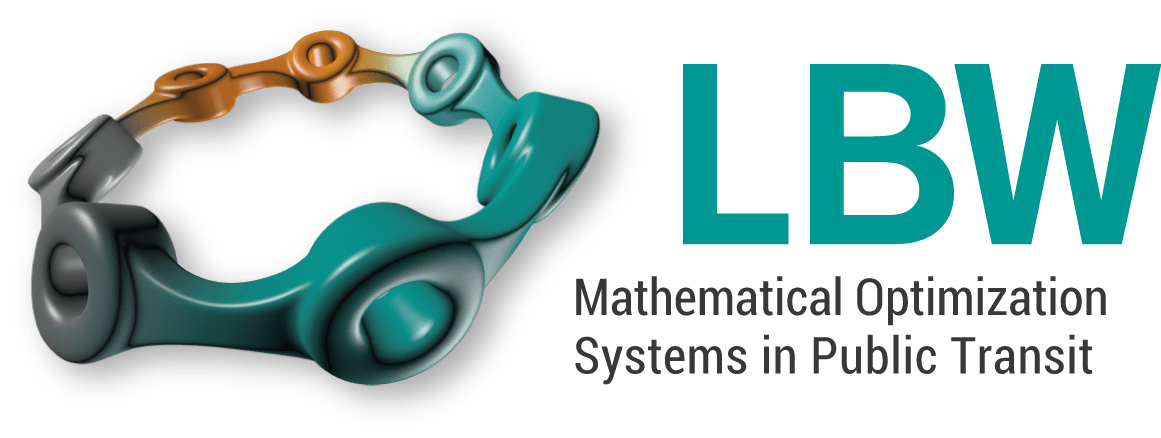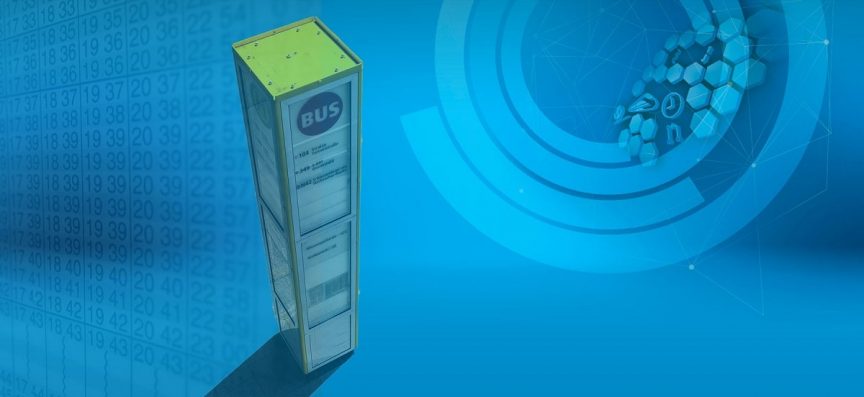The electrification of bus fleets gives rise to a number of operational challenges that must be addressed in order to bring the advantages of this drive technology onto the streets. In particular, limited driving ranges and limited recharge capacities, recharge durations, and battery degradation must be monitored and brought under control to ensure that operations are not only environmentally friendly, but also smooth and cost efficient.
Modern, data driven optimization methods are the tools that help public transit operators to master this task. From a constant stream of state of charge data, detailed battery models can be derived. These are the basis for an integrated optimization model that is designed to put all resources to the best possible use. The main challenge in comparison to
classical, established bus scheduling methods is the integration of state-of-charge constraints and costs. These must be handled at a detailed level that is needed to ensure safety of operations and at the same time to exploit all possible degrees of freedom.
In the current period of transition, the operation of mixed fleets is in the focus of attention, but in the future, fully electrified fleets must be scheduled, and the performance of optimization methods must keep track with the roll-out of electric bus fleets. New mathematical methods can achieve that, and LBW Optimization has started to develop them
together with Zuse Institute Berlin within the BMBF Research Campus MODAL in a joint project on Electric Bus Scheduling.
“We are happy to continue the long standing partnership with ZIB in a new MODAL project that takes up a topic of high relevance. Electric bus scheduling combines large-scale integer programming with a data driven and non-linear approach to control to battery states of charge, and this must be done at a detailed level. MODAL provides the ideal setting to develop and implement innovative approaches to solve this problem.”, says Steffen Weider, CEO of LBW Optimization.
The research campus MODAL is a public-private partnership project funded by the Federal Ministry of Education and Research (BMBF) as part of the “Research campus – public-private partnership for innovation” funding initiative and stands for joint research with industry in the field of optimizing data-driven processes, particularly in the areas of networked mobility, sustainable energy supply, secure communication and personalized medicine. MODAL’s MobilityLab drives innovations in traffic planning and control by developing efficient optimization methods.



